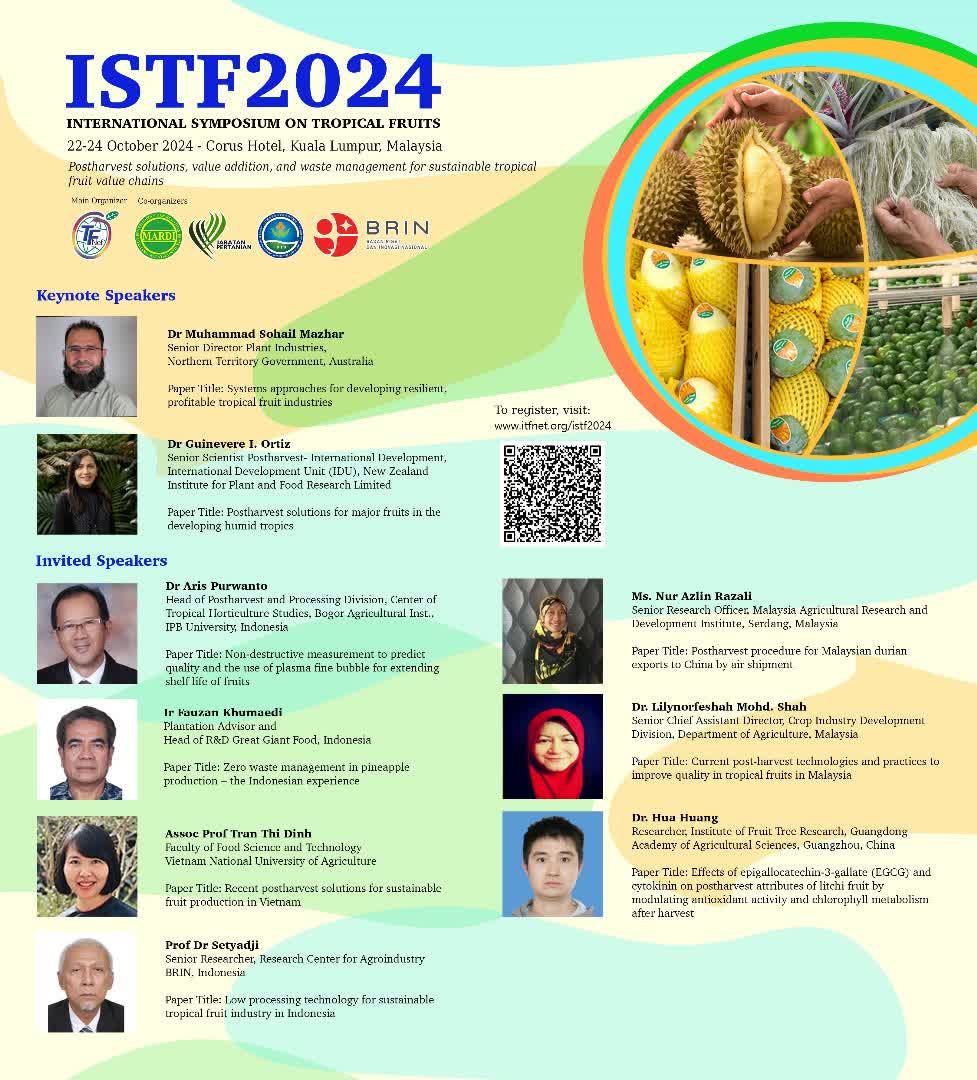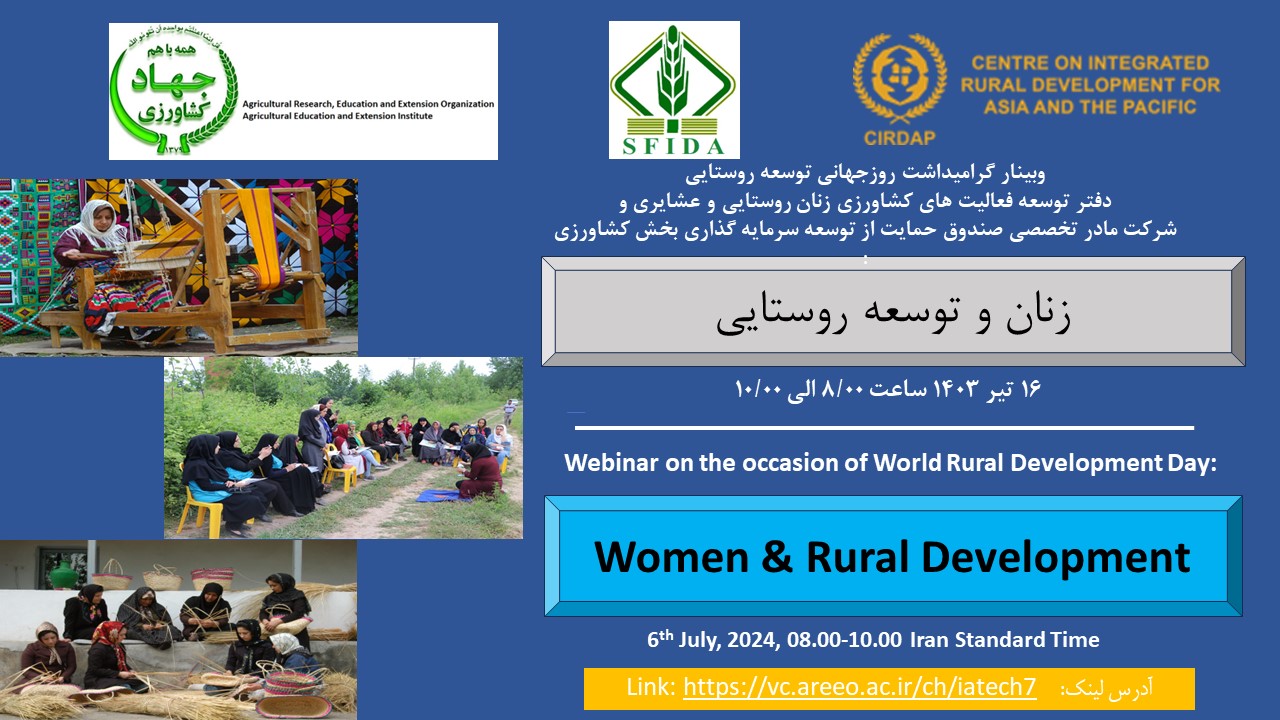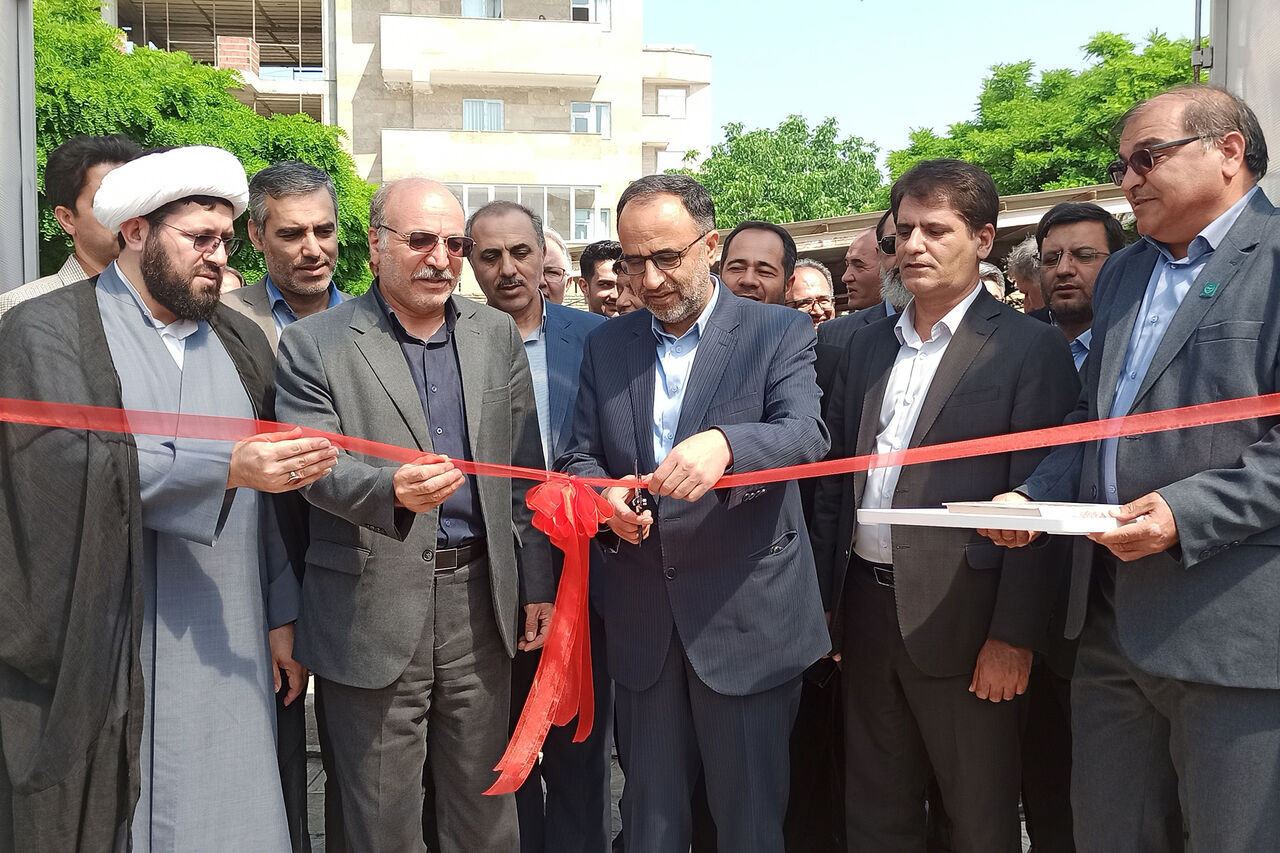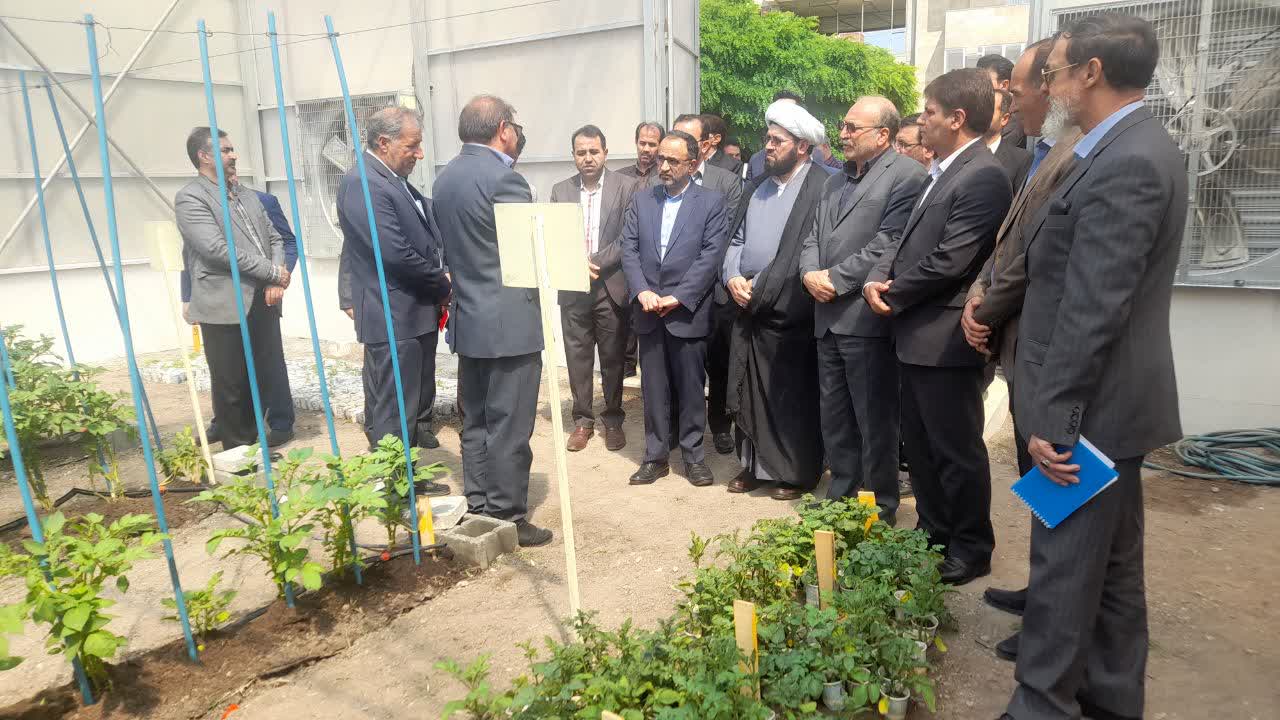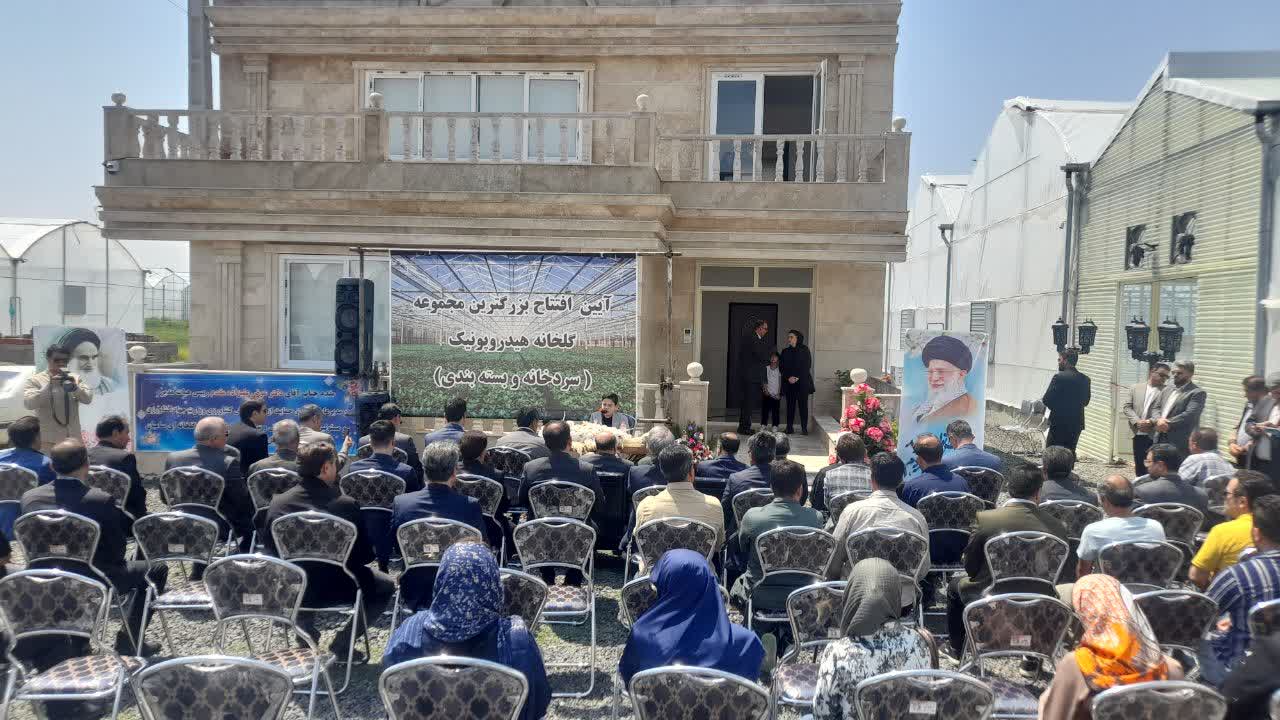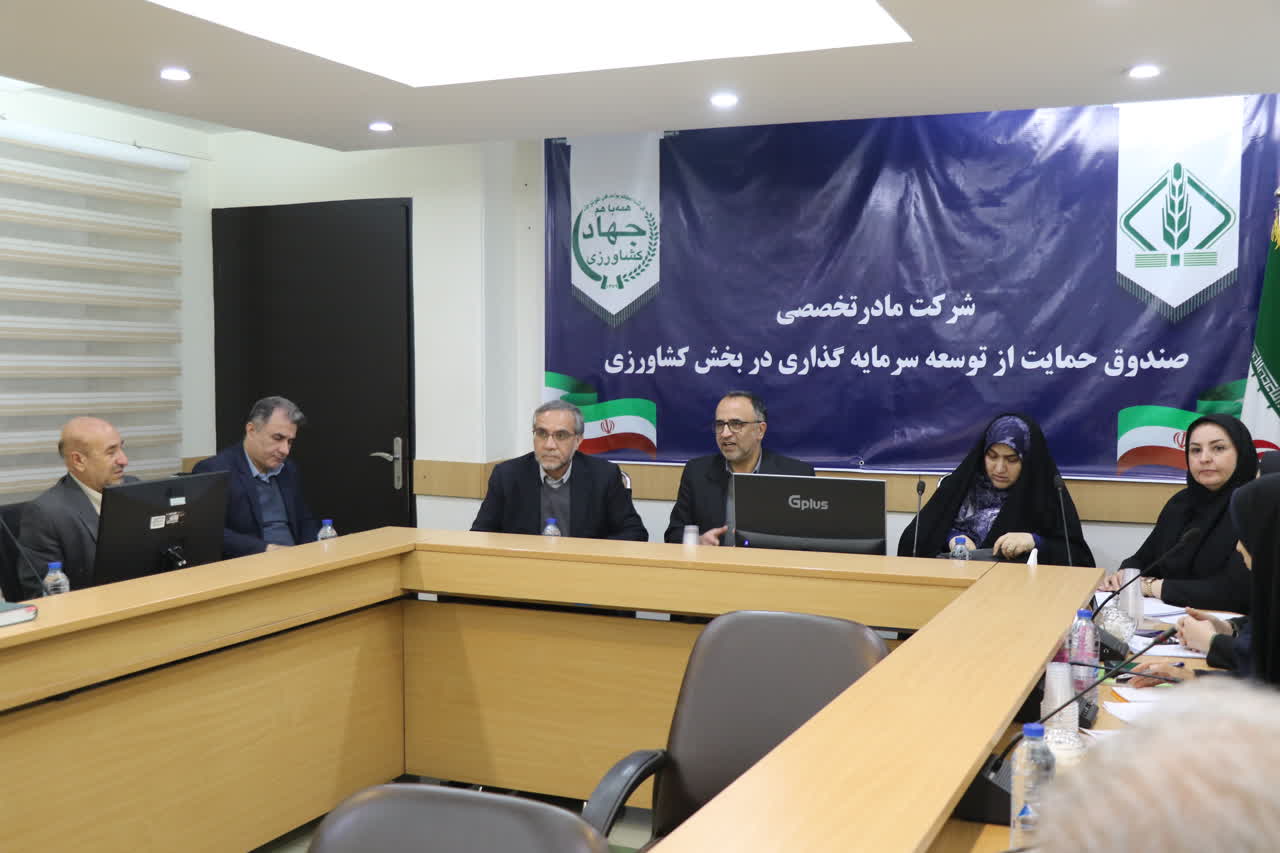
In order to explain and describe the role of the Agricultural Development Support Funds and the Rural and Nomadic Women’s Agricultural Activities Support Funds in the sustainable development of NGOs in the agricultural sector and the development of rural communities, especially rural and nomadic women, and the stabilization of their population, a meeting was held in the presence of Ms. Somayeh Rafiei, representative of the cities of Tehran, Shemiranat, Rey, Eslamshahr, and Pardis, and member and spokesperson of the Agriculture, Water, and Natural Resources Commission, and Abbas Golro, representative of the cities of Semnan and Mehdishahr, and member of the National Security and Foreign Policy Commission of the Islamic Consultative Assembly, and in the presence of Alizadeh Moghadam, Chairman and CEO of the SFIDA, and CEOs of the Rural and Nomadic Women’s Agricultural Activities Support Funds in the cities of Tabriz and Marvdasht as representatives of these funds.
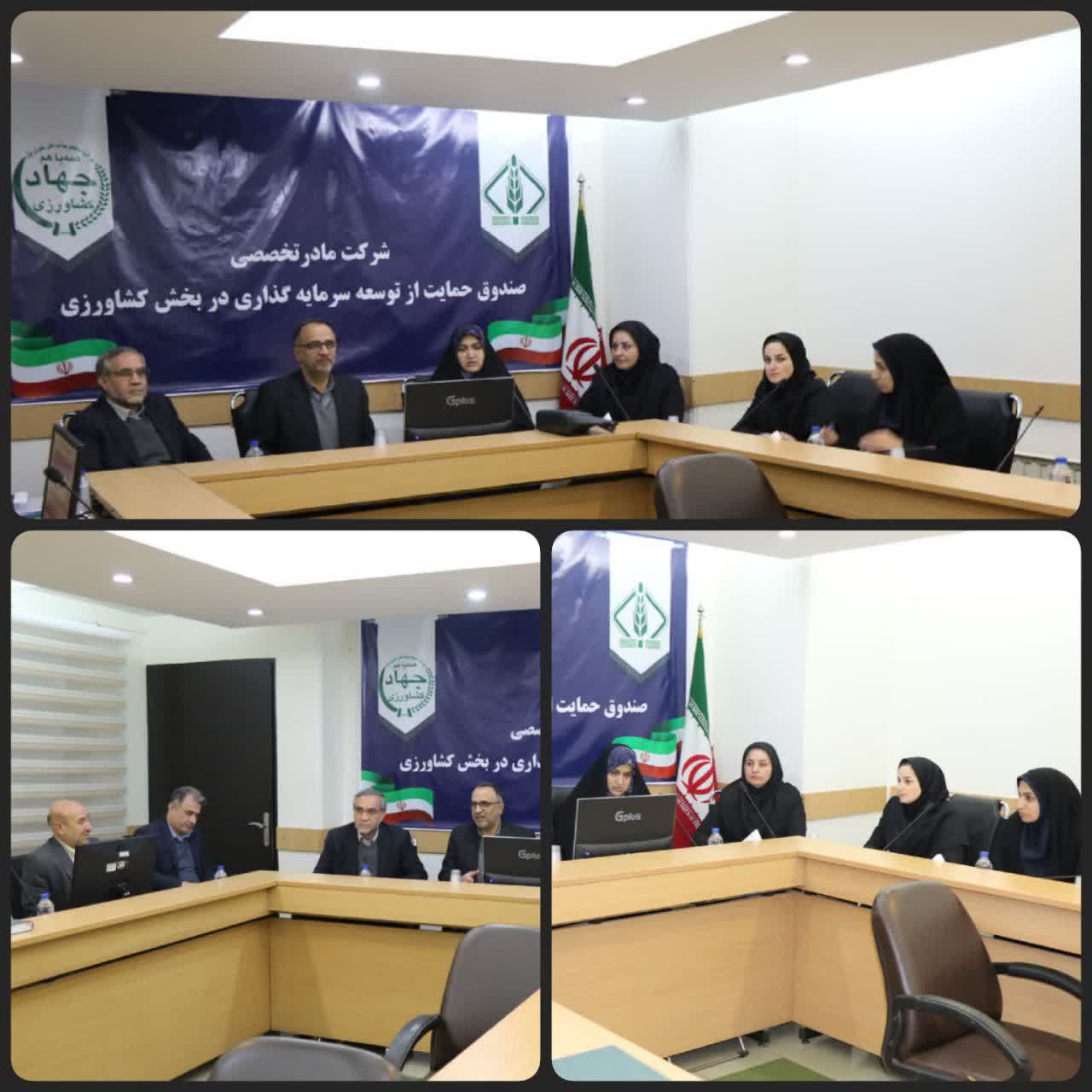 In this meeting, the issue of strengthening and developing the quantitative and qualitative support funds for the development of the agricultural sector, especially the funds for rural and nomadic women, and legal support by the representatives of the Islamic Consultative Assembly was emphasized.
In this meeting, the issue of strengthening and developing the quantitative and qualitative support funds for the development of the agricultural sector, especially the funds for rural and nomadic women, and legal support by the representatives of the Islamic Consultative Assembly was emphasized.
In this meeting, Ali Darjani, member of the board of directors, Bashirnejad, advisor to the Assembly, Ahmad Ebrahimi, director of investment development and facilities, Zahra Nouri, business executive of the specialized mother company’s women’s funds, Pour Abbas and Makrami, respectively, managing directors of the funds for supporting the development of agricultural activities of rural and nomadic women in the cities of Tabriz and Marvdasht, and Hossein Shahbaz, advisor to international affairs, were present.

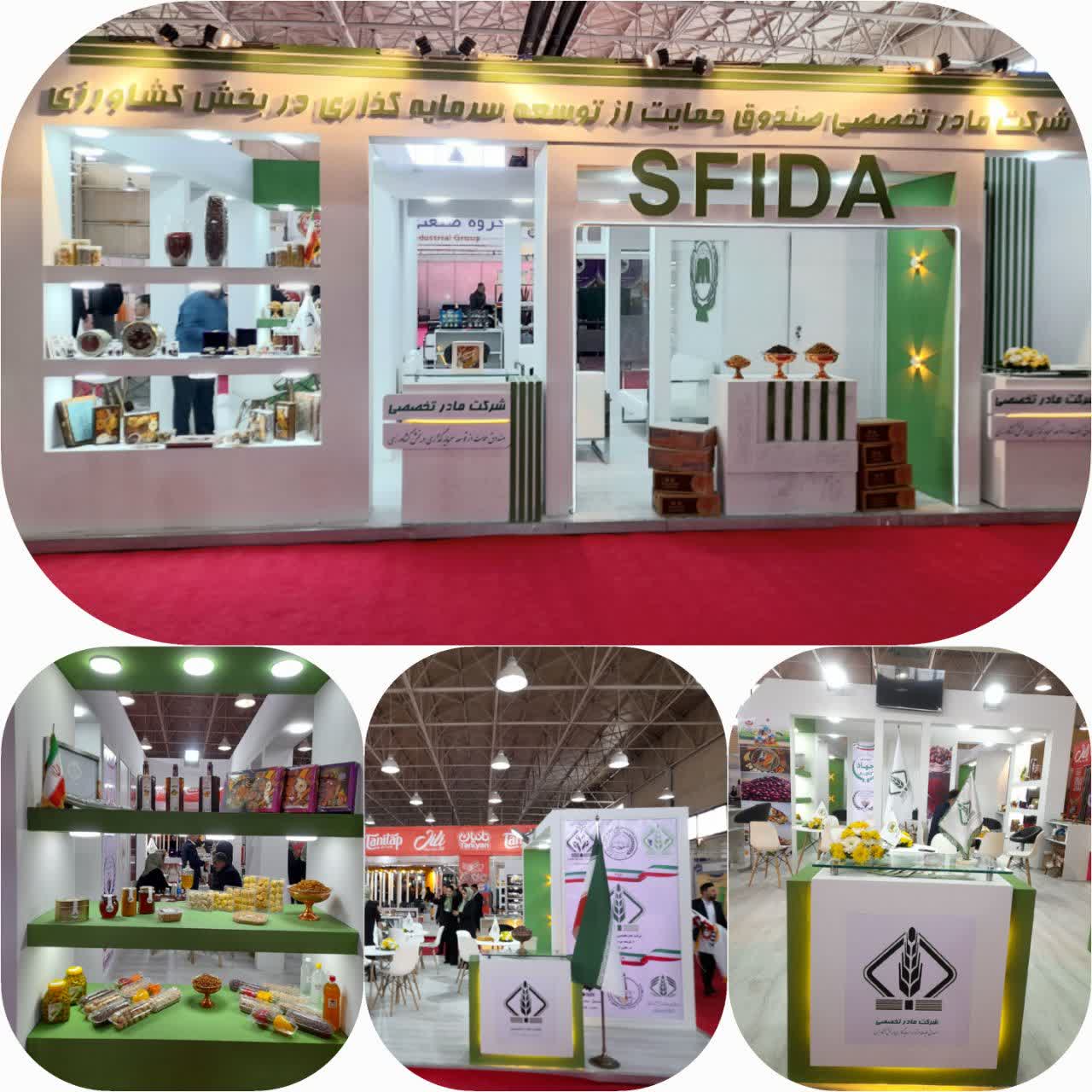
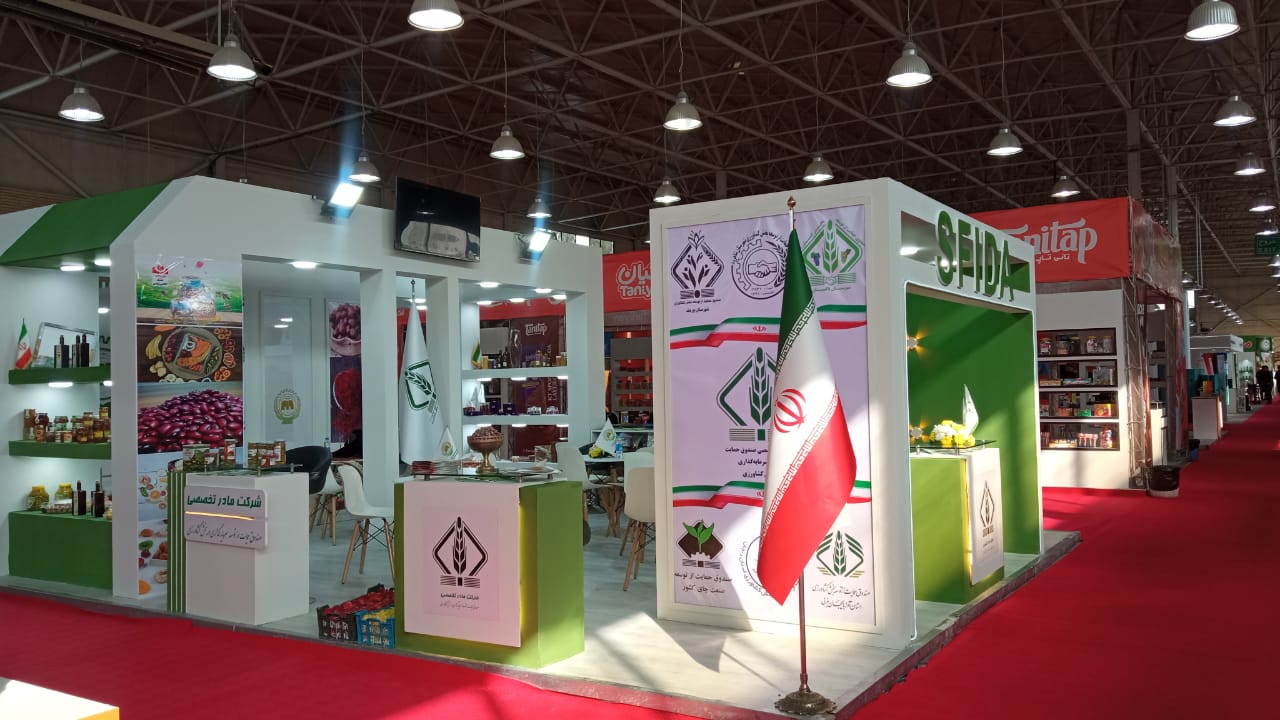
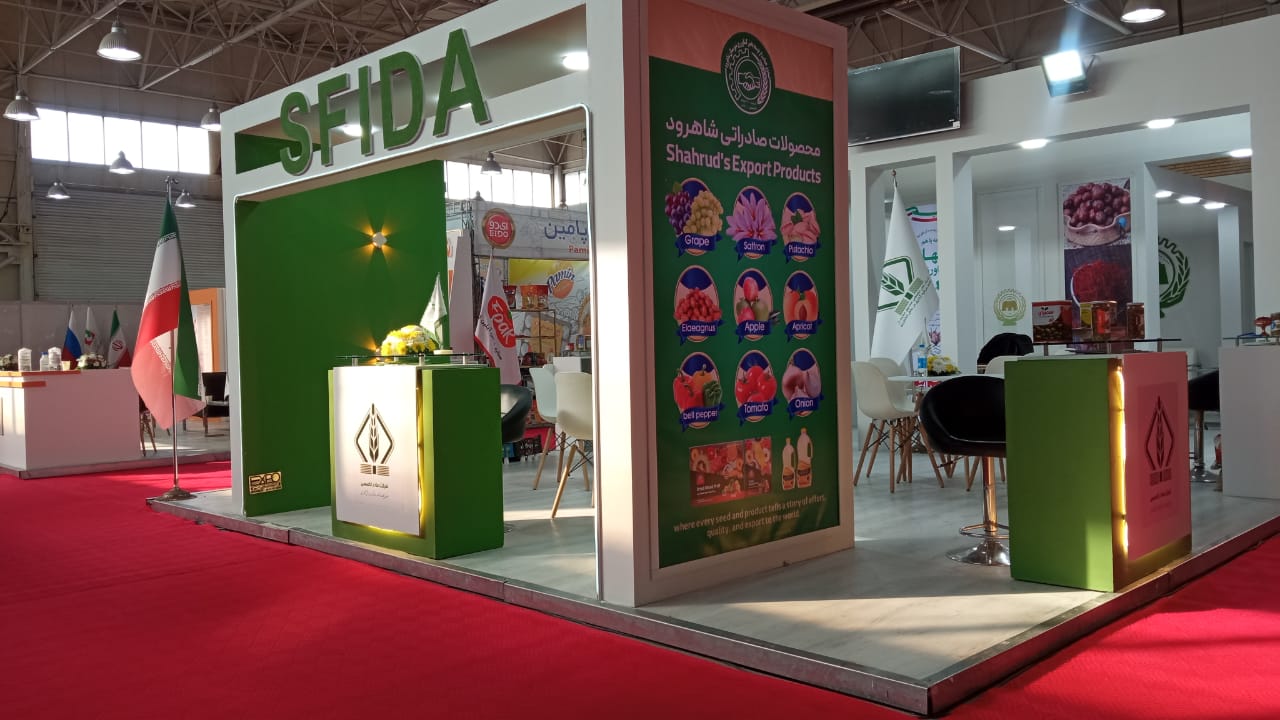
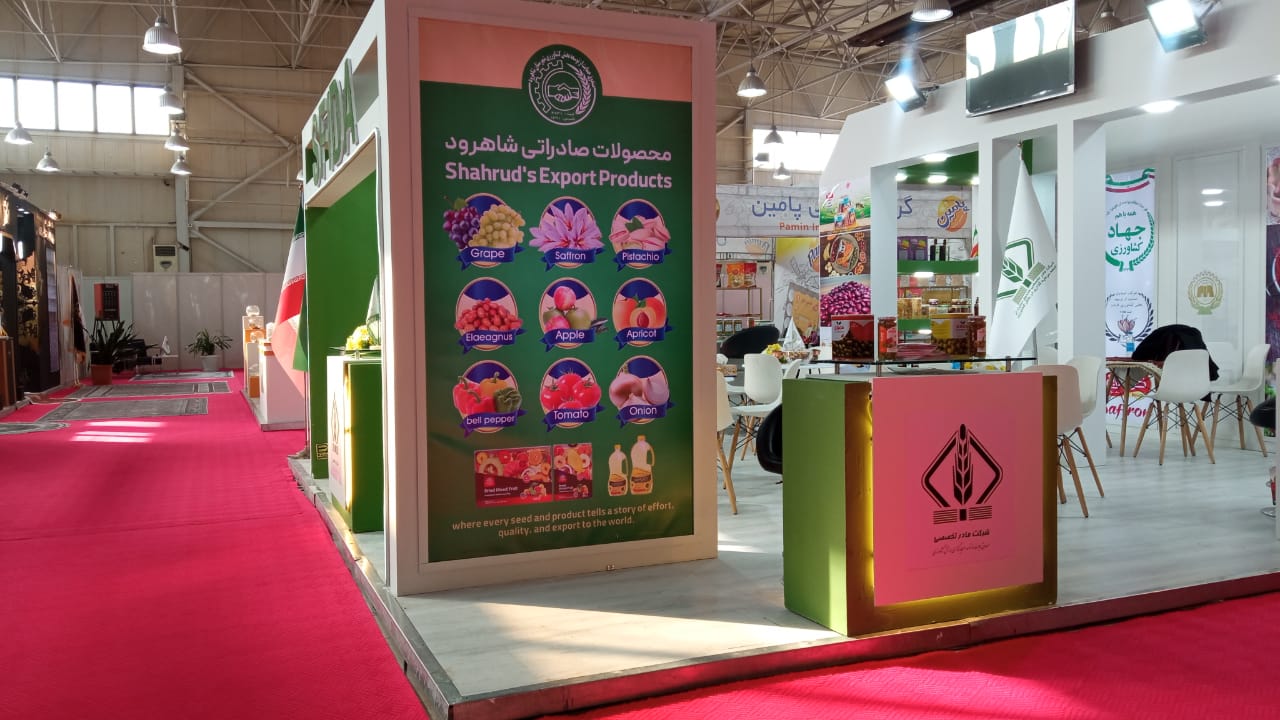
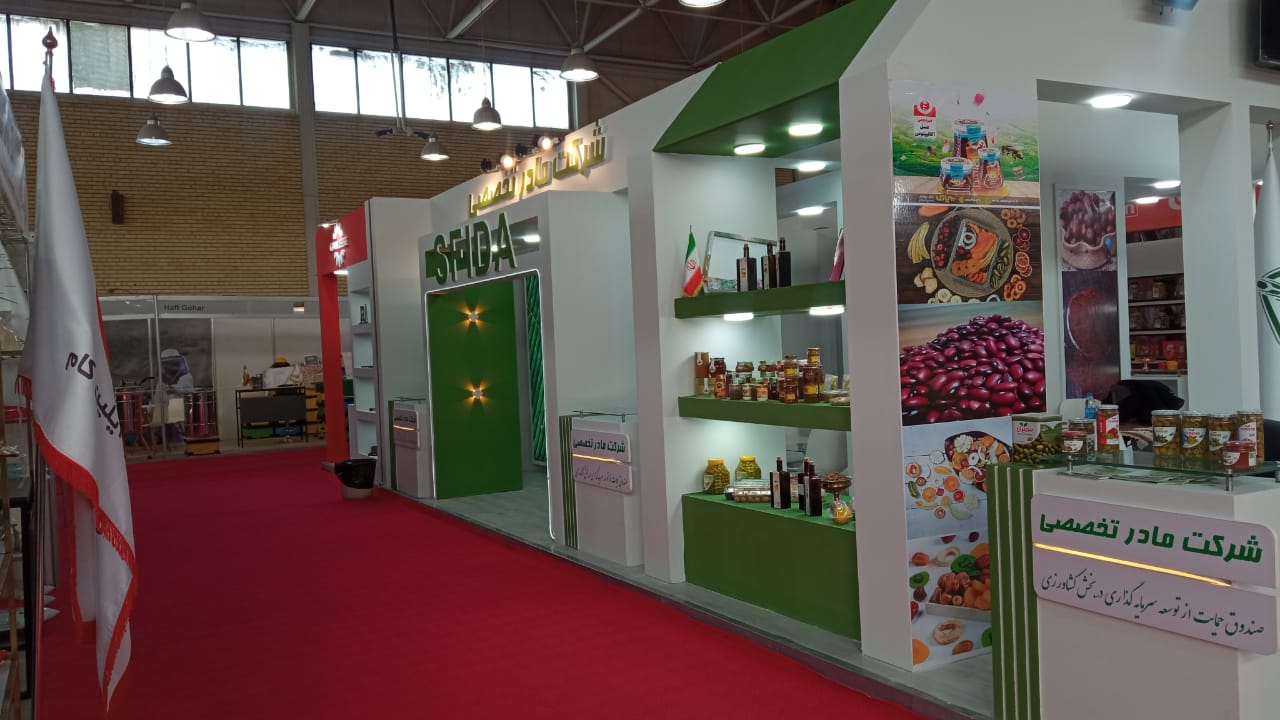
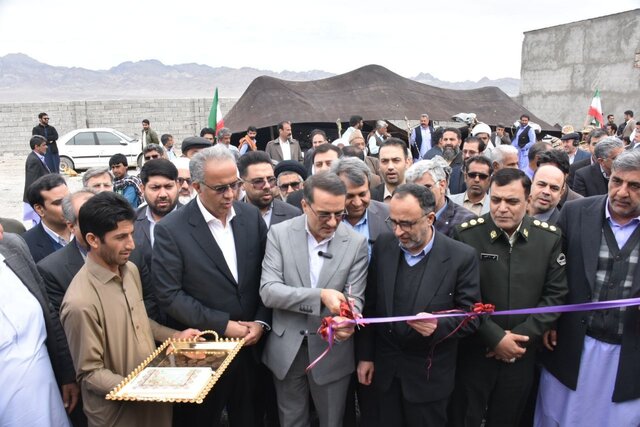
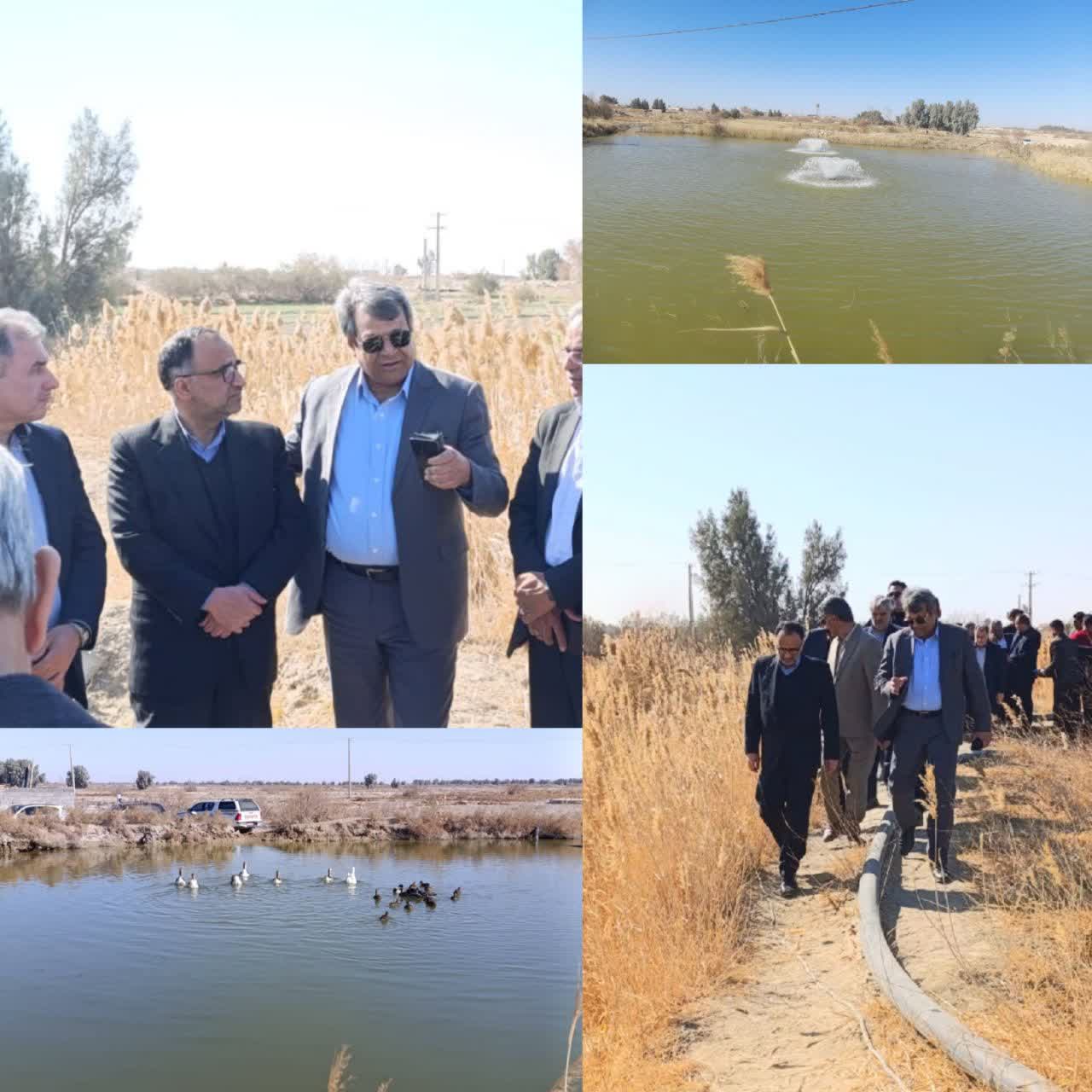
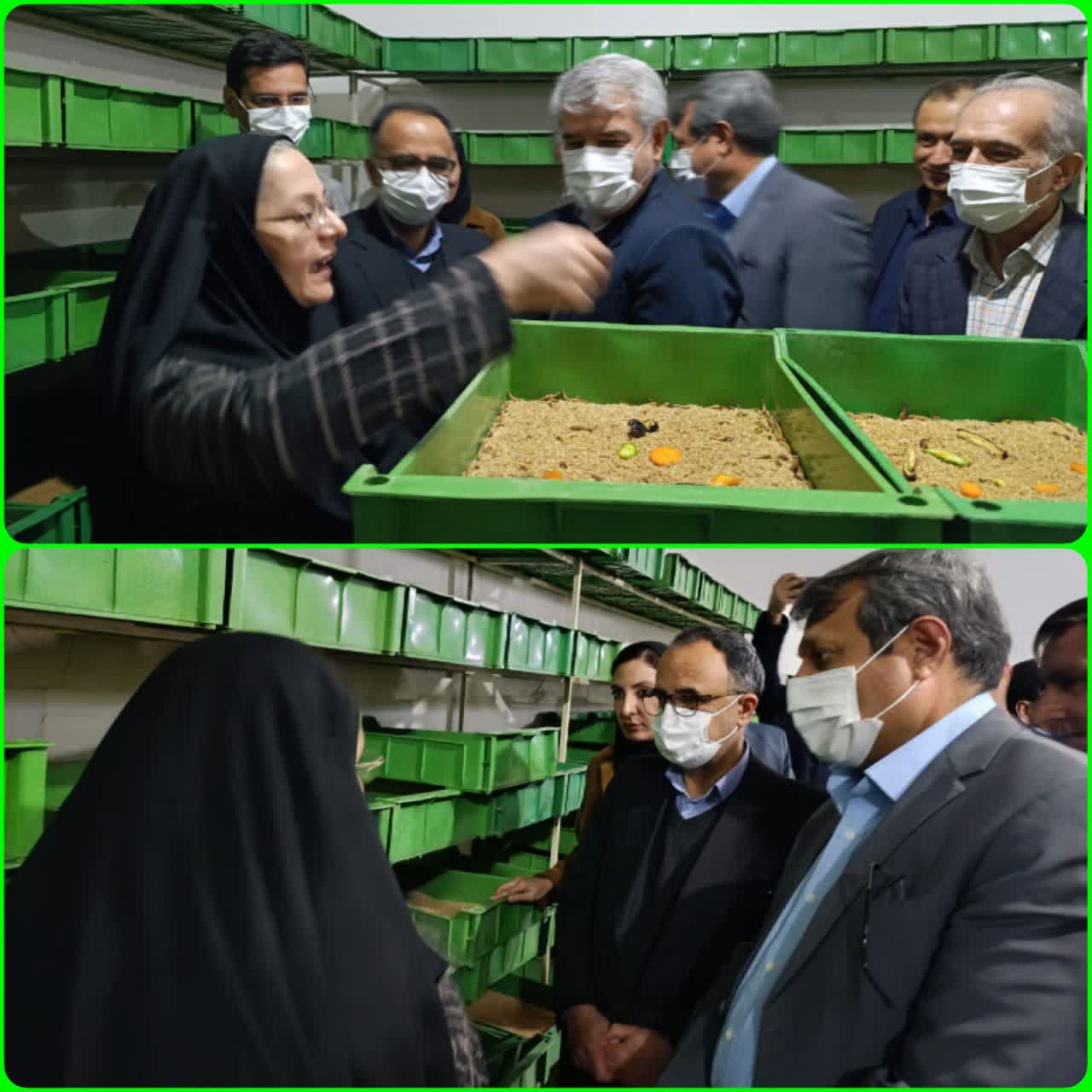
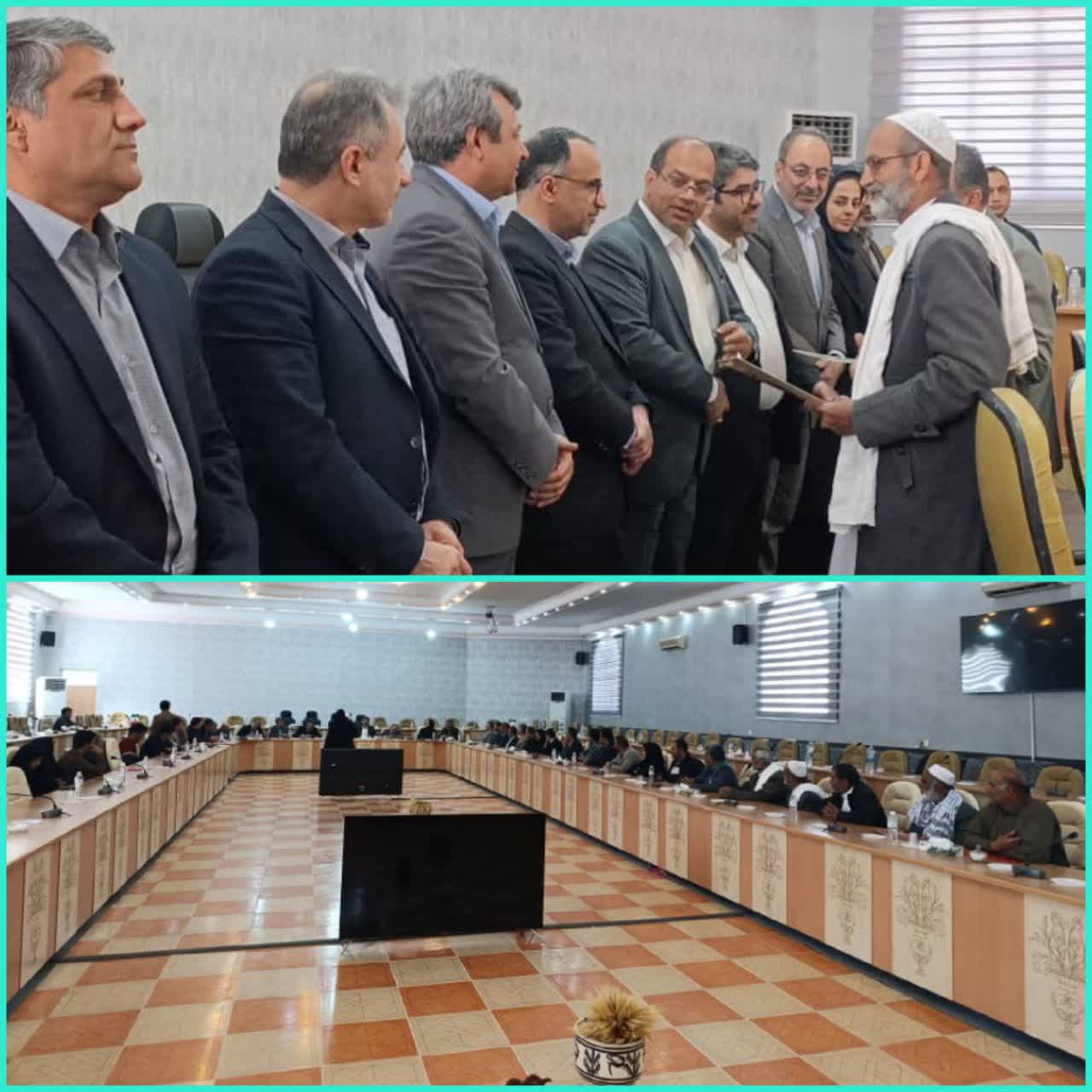
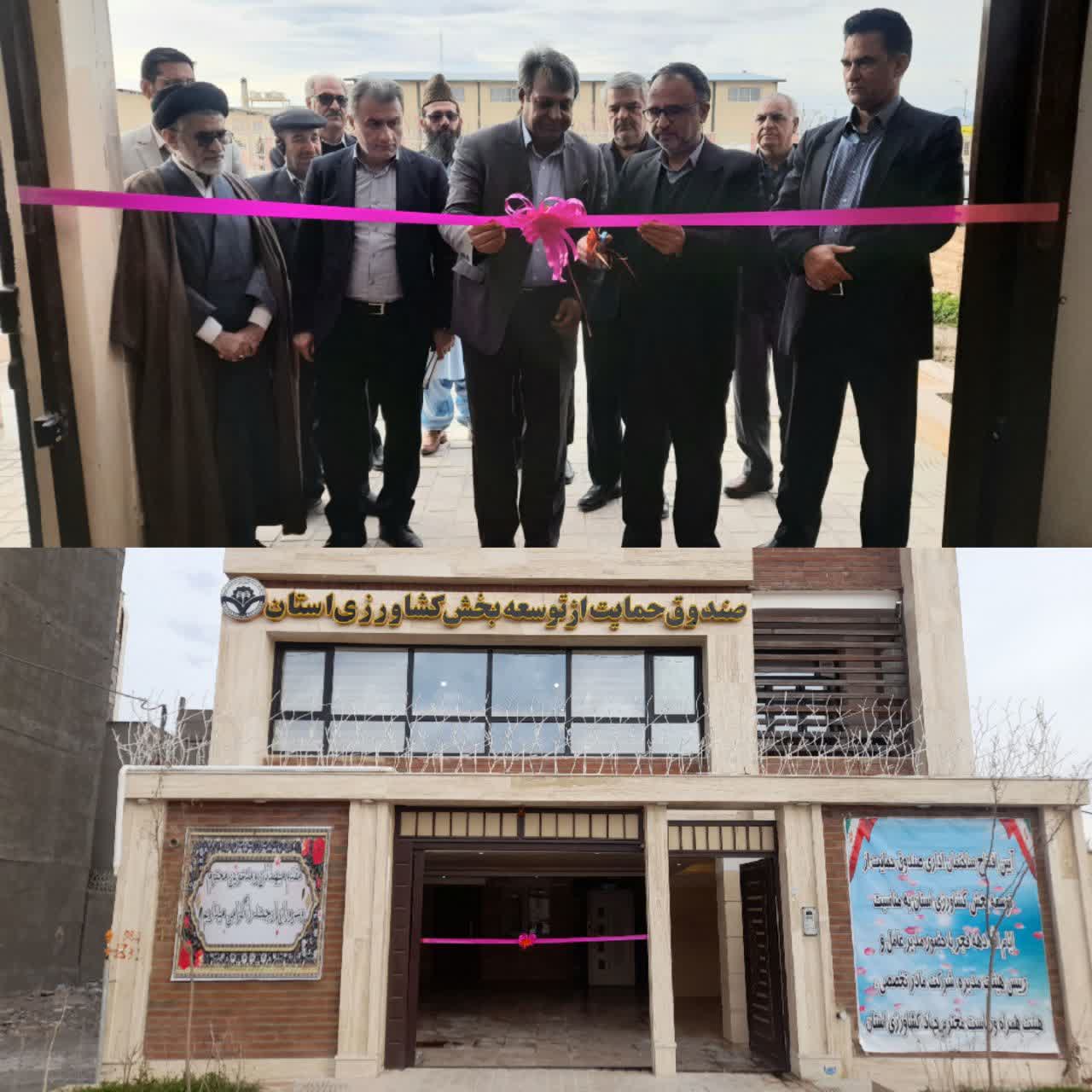
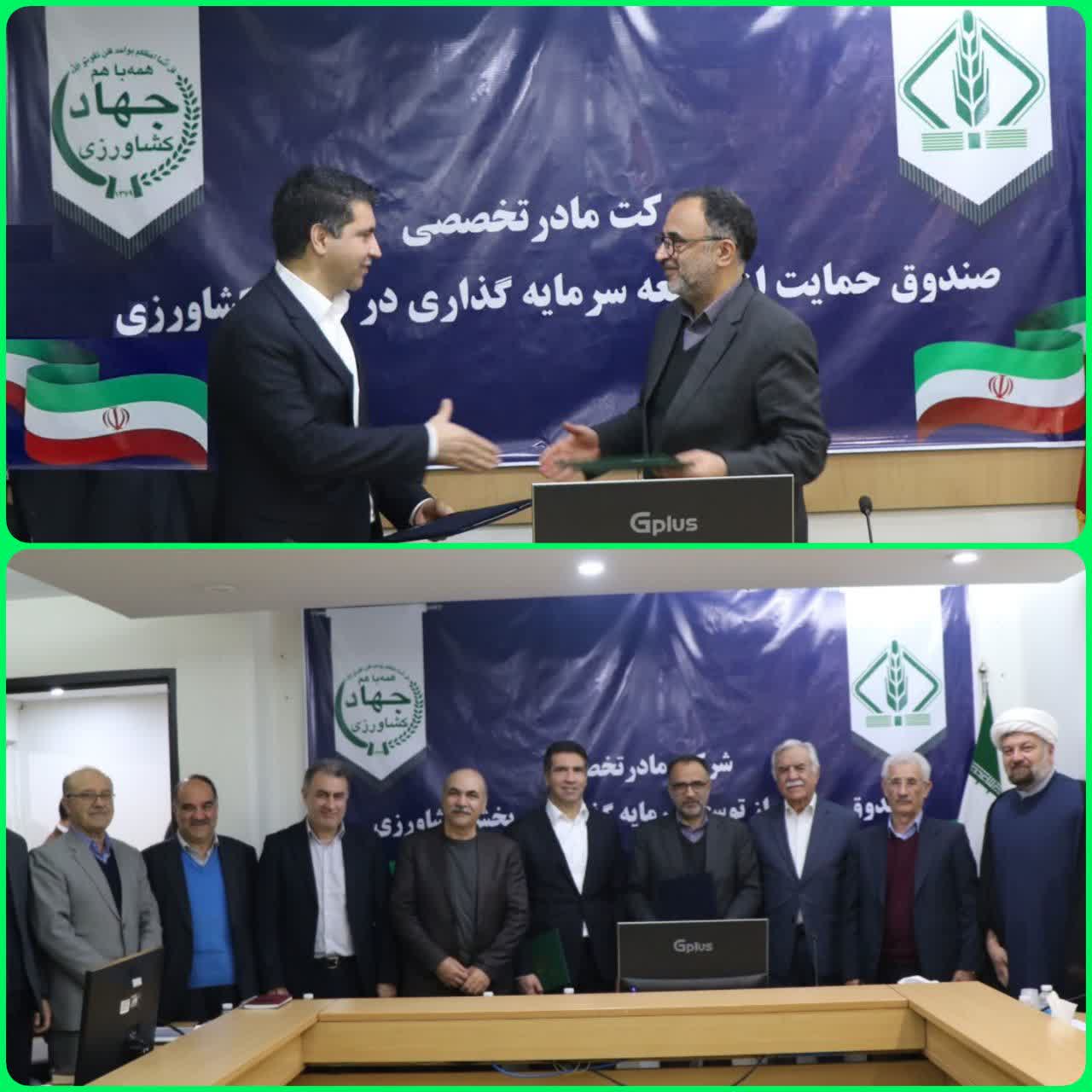
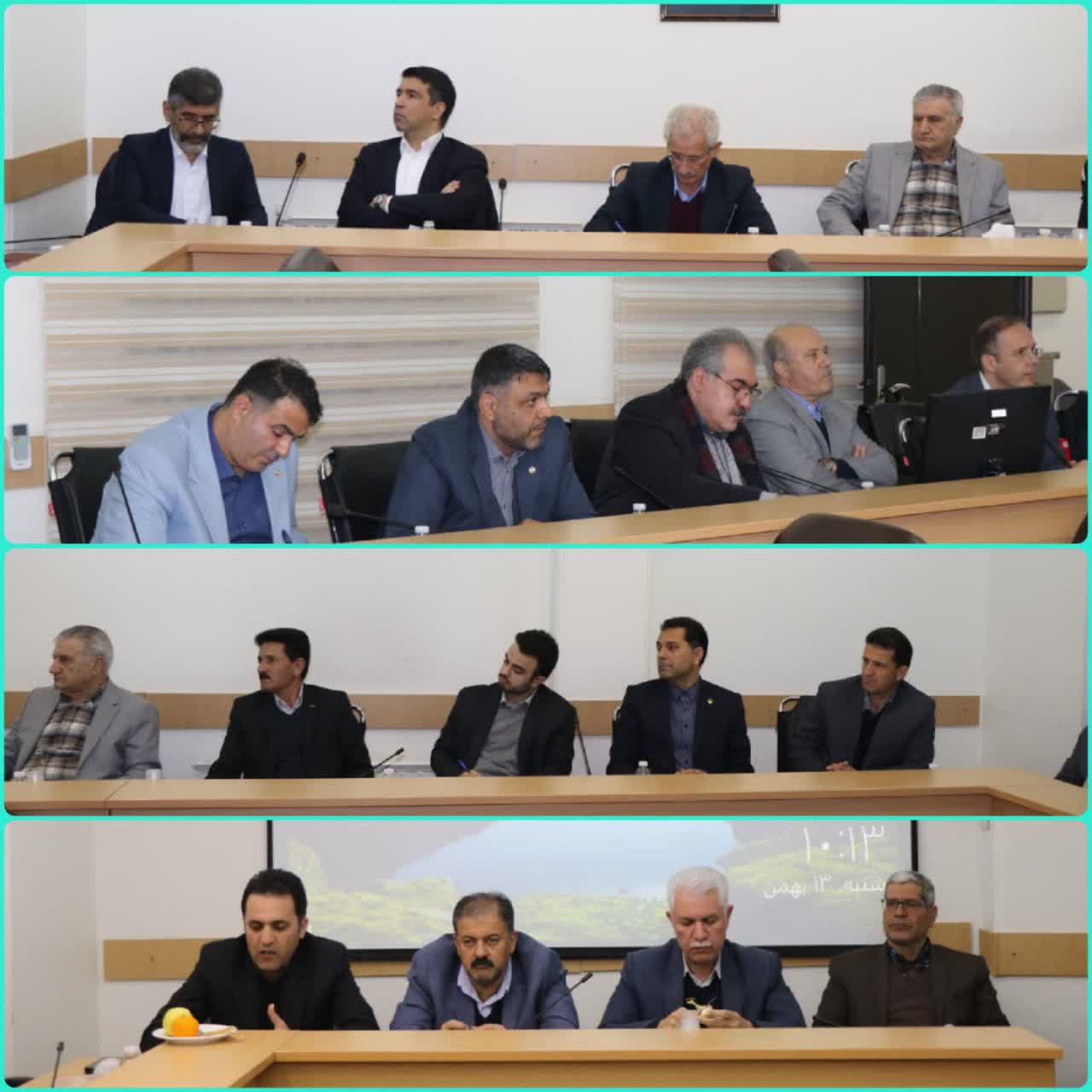


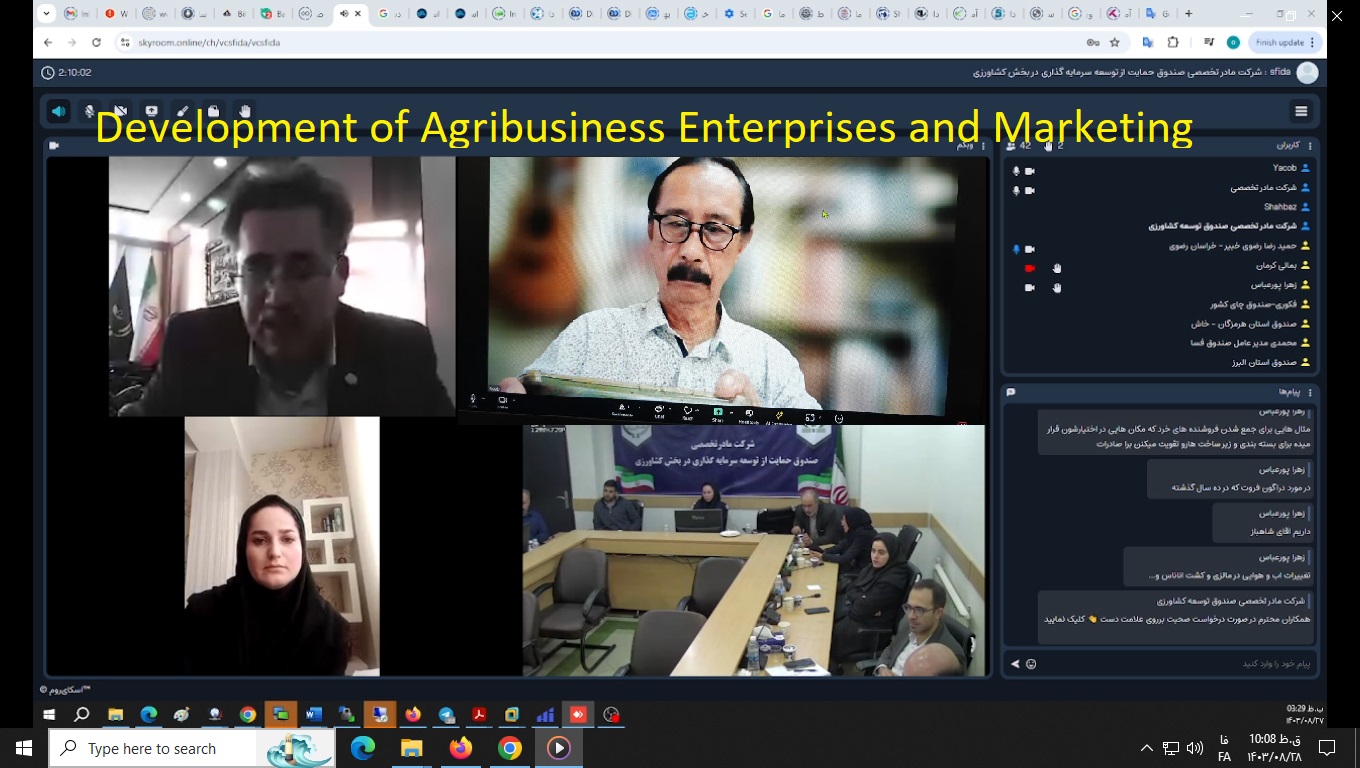
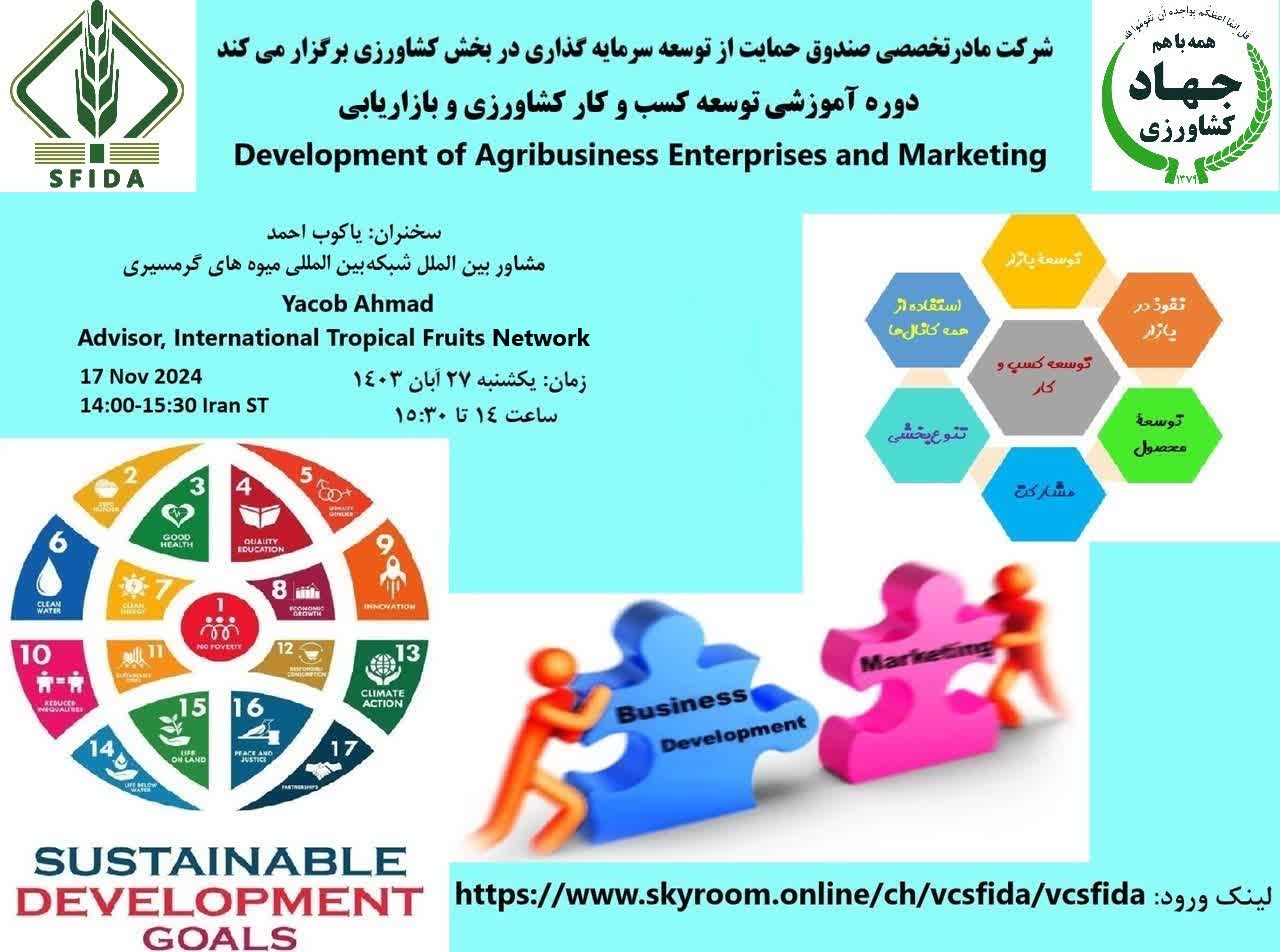 Yacob explained about the value chain and marketing of the Agricultural Crops:
Yacob explained about the value chain and marketing of the Agricultural Crops: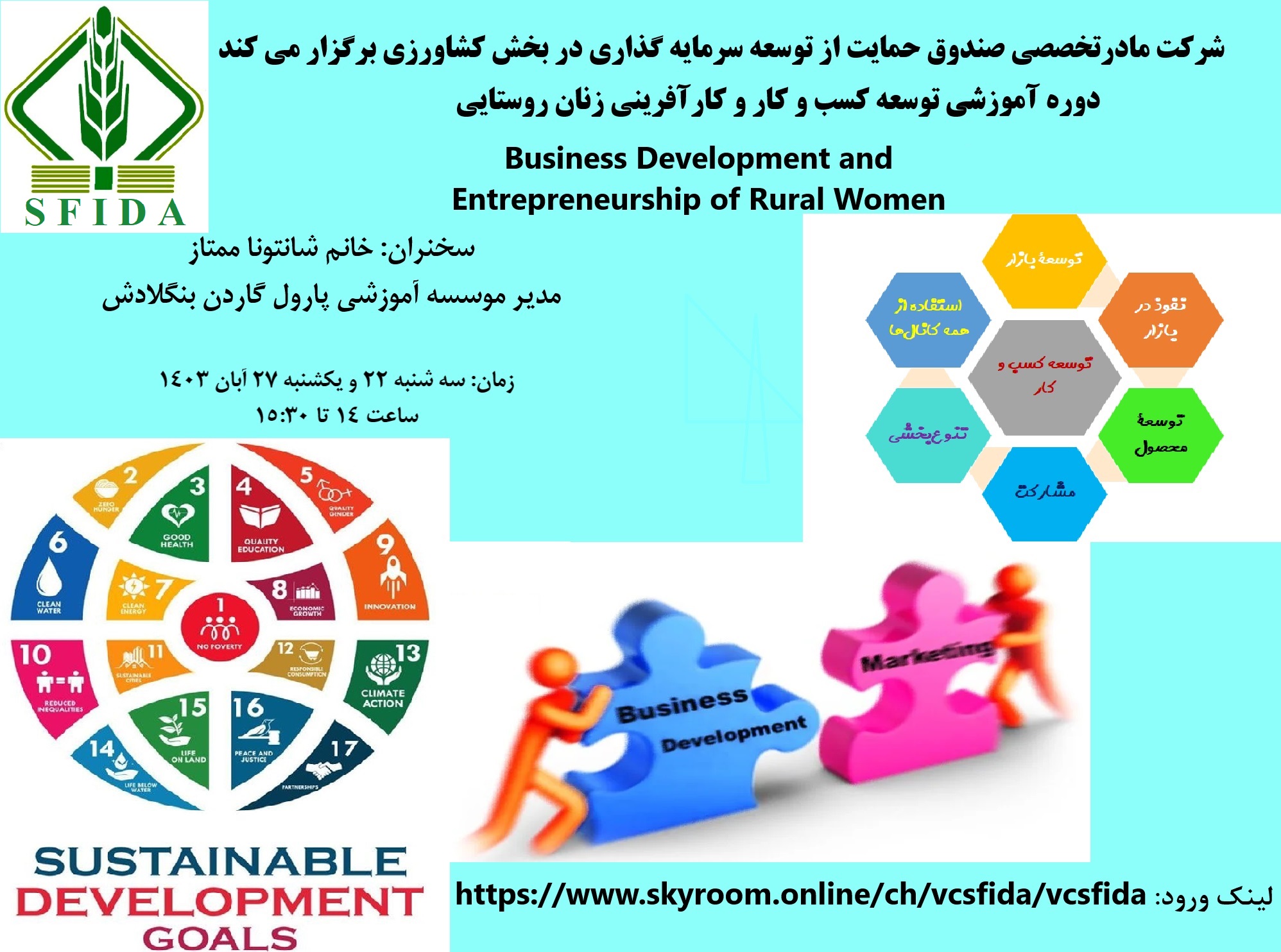
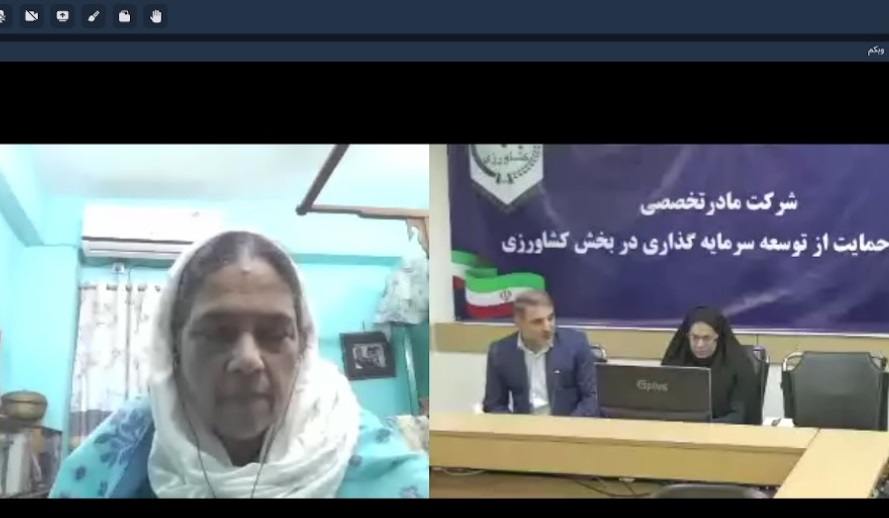 The followings are the target group of Parul Garden:
The followings are the target group of Parul Garden: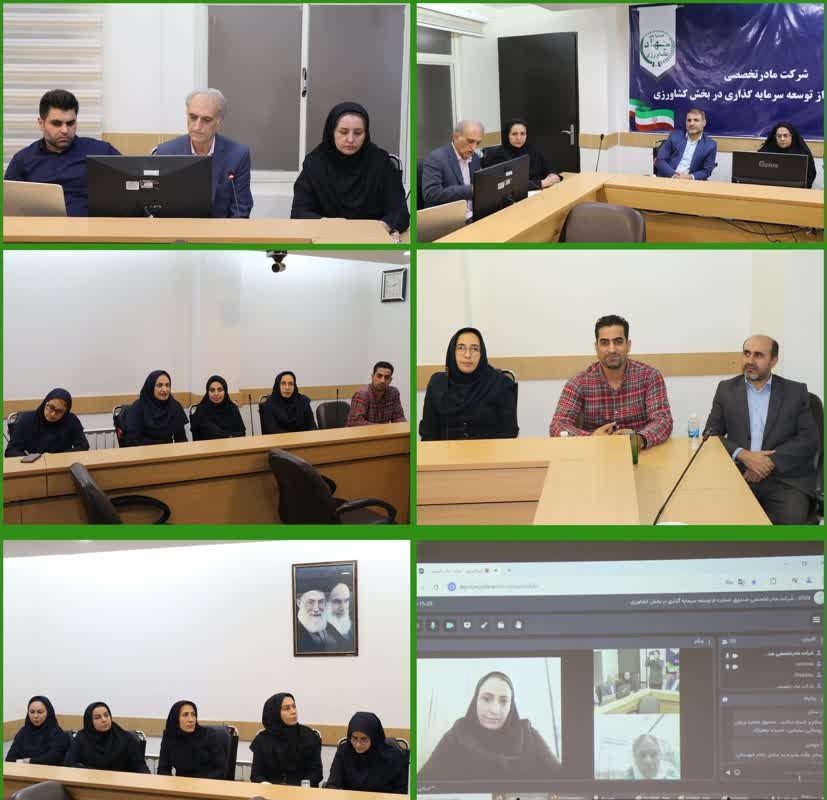 She added, Parul Garden has a strong and renowned Training cell for staff and beneficiaries development. Since long the Training cell has been working not only within it’s own field but also with other development organizations who are interested to develop their staff and beneficiaries.
She added, Parul Garden has a strong and renowned Training cell for staff and beneficiaries development. Since long the Training cell has been working not only within it’s own field but also with other development organizations who are interested to develop their staff and beneficiaries.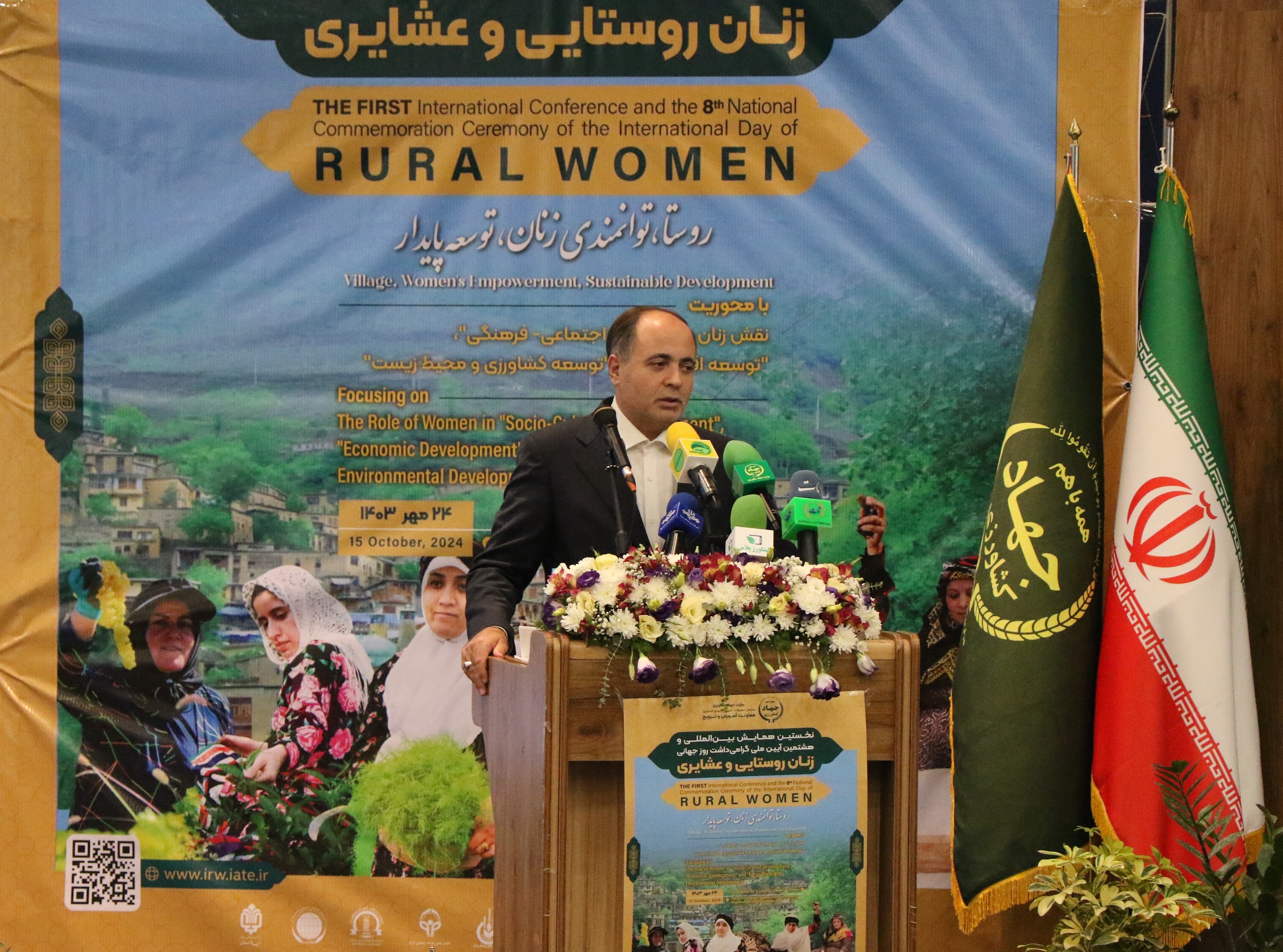
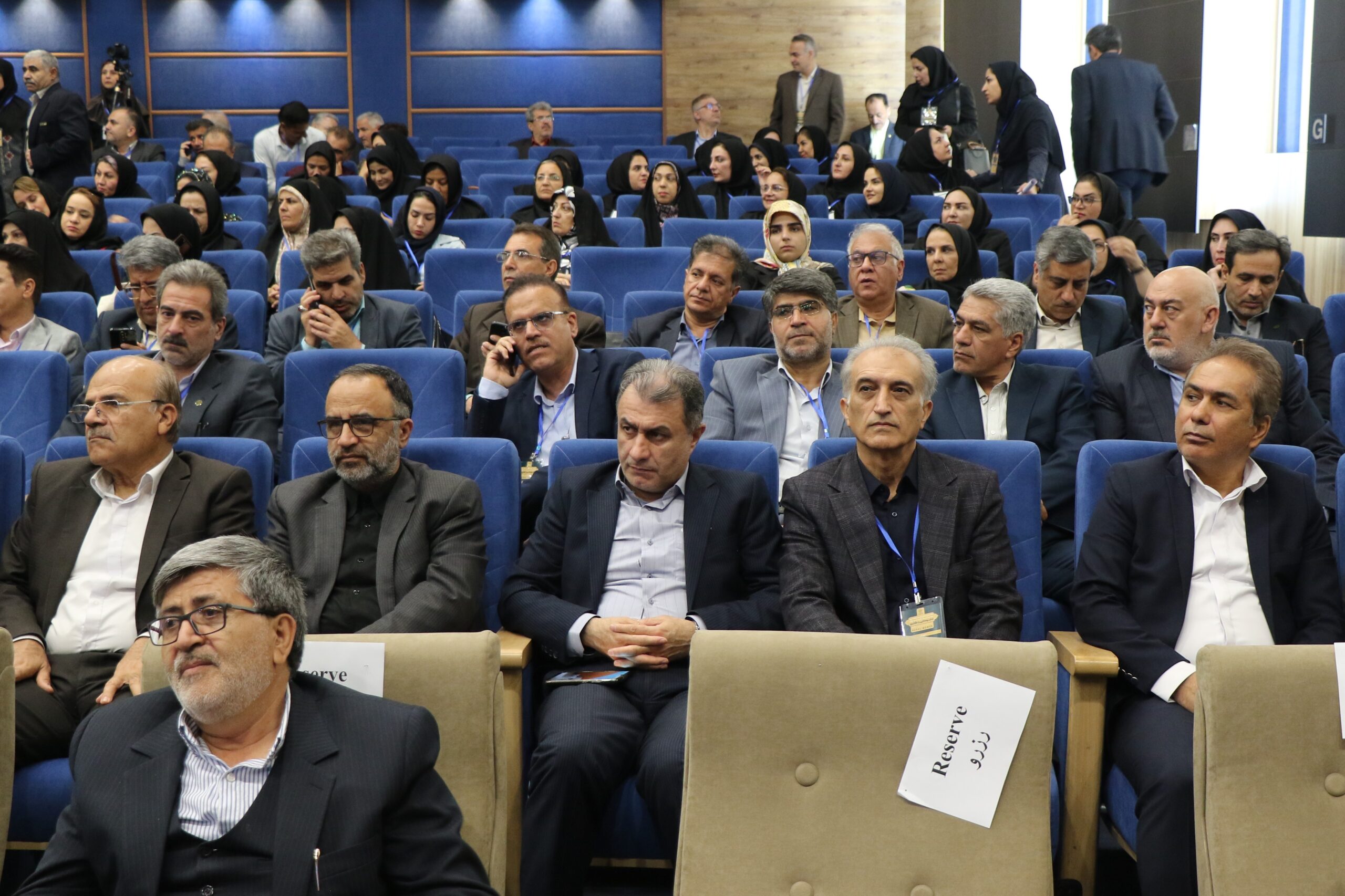 Representative of Asia Pacific Agricultural Research Organization (APAARI), Director General of the Integrated Rural Development Organization of Asia and the Pacific (CIRDAP), Ambassadors and Representatives of Afghanistan, Kazakhstan, Thailand, Philippines and Indonesia and SFIDA’s CEO were present at this ceremony.
Representative of Asia Pacific Agricultural Research Organization (APAARI), Director General of the Integrated Rural Development Organization of Asia and the Pacific (CIRDAP), Ambassadors and Representatives of Afghanistan, Kazakhstan, Thailand, Philippines and Indonesia and SFIDA’s CEO were present at this ceremony.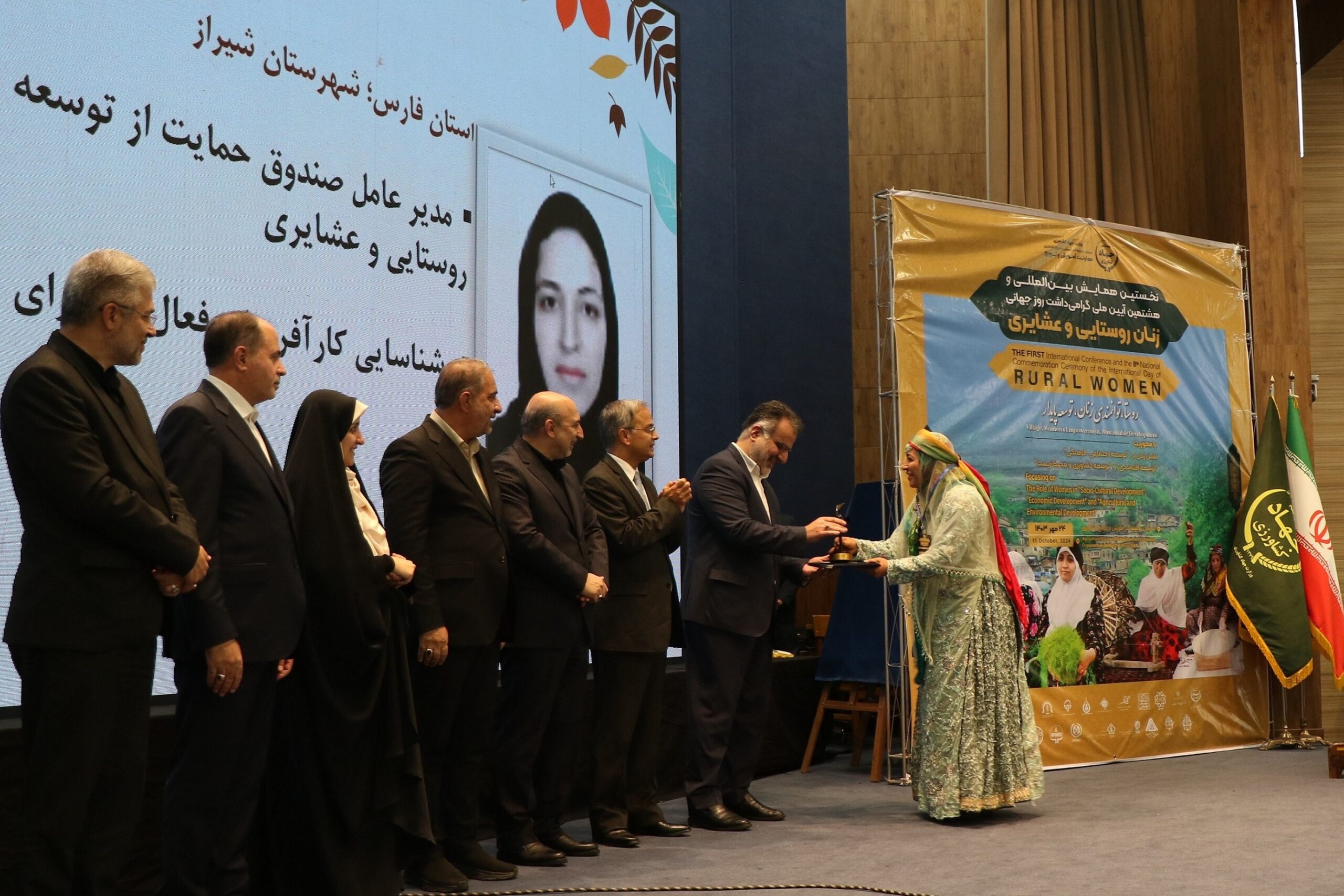 Successful rural women in the field of facilitation and entrepreneurship were also honored in this conference.
Successful rural women in the field of facilitation and entrepreneurship were also honored in this conference.
